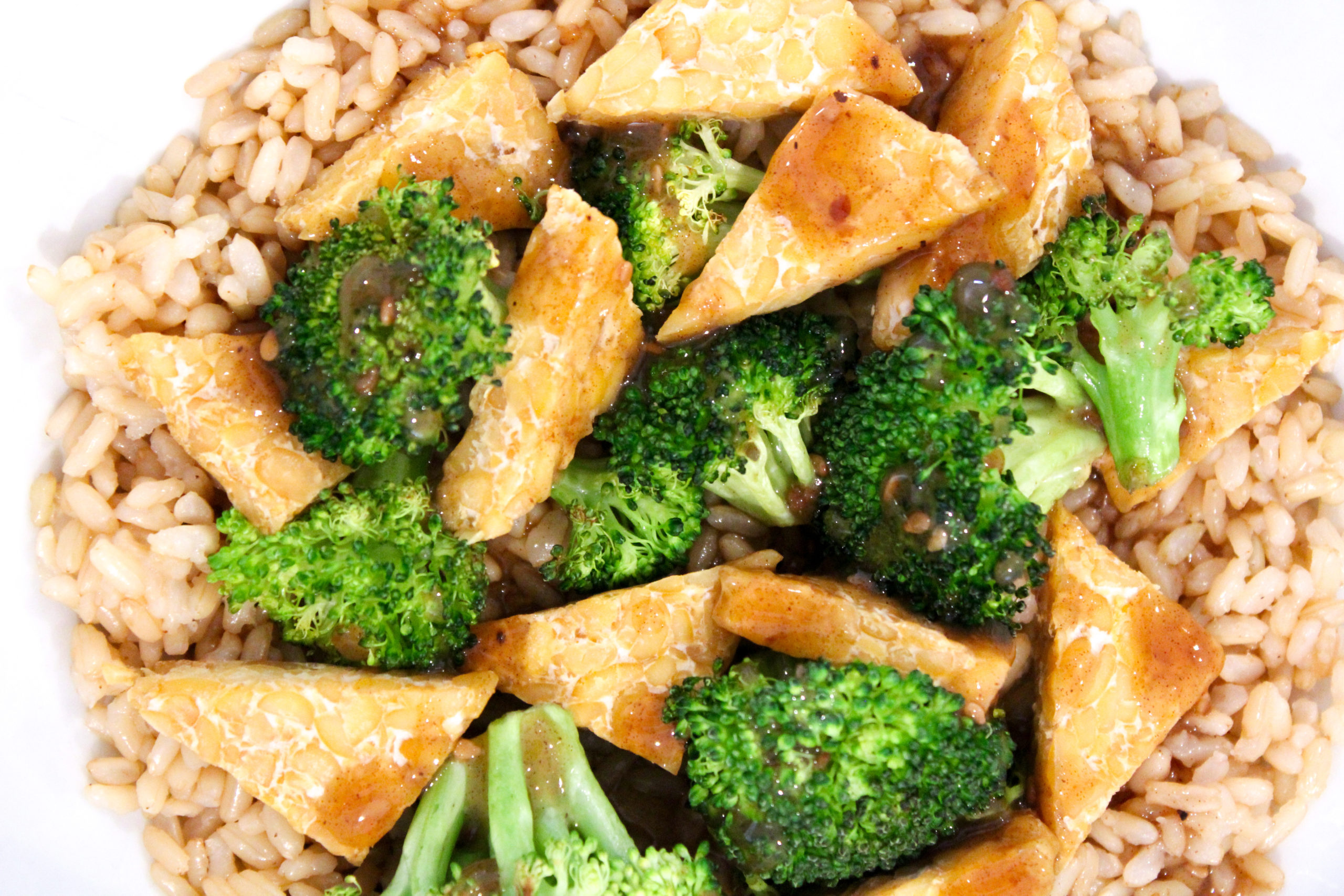December 1, 2021
- Starting Without Being Educated
Before going plant-based, you should know your intention for this style of eating and have a heavy amount of nutrition knowledge. My hope for you is that your desire comes from a place of overall health and wellness, and not to reach a number on a scale or to fit in with the “trendy” times. Knowing which foods contain good sources of protein, complex carbs, healthy fats, fiber, and different vitamins/minerals is crucial to your success! This will allow you to build a balanced plate for meals or snacks and see if you’re covering your bases for macronutrients or needing to supplement any micronutrients. It will also reduce your chance of only carb loading, developing deficiencies, or acquiring injuries down the road!
- Under Fueling
This is a common finding with those who first go plant-based because higher fiber and fat intake causes satiety. If we feel fuller longer, we naturally reduce our intake. However, OUR BODIES STILL NEED FUEL. I cannot stress this enough! Calories from plant-based foods require much larger quantities than meals with a heavy meat included. For example, one Whopper burger and small side of fries from Burger King is equivalent to 2 cups of kale, 2 eggs, 1 cup cherry tomatoes, 2 medium sweet potatoes, 3 tablespoons of olive oil, and a cup of quinoa. These two meals are identical in amounts of carbohydrates, fat, and protein but the nutrient profile they offer couldn’t be further apart! So when making the transition, remember to give your body enough fuel for obtaining all the nutrients and energy it needs! If you’re feeling tired and exhausted you may be underfueling…fill out an interest form now to help get yourself out of the rut and fueled properly.
- Forgetting To Hydrate
You’ll notice the effects of not drinking enough water very quickly…hello constipation and bloating! Whole grains, legumes, nuts/seeds, vegetables, and fruit all contain great sources of fiber and fluids are necessary to help carry out proper digestion of them. Surprisingly enough humans are unable to digest fiber, which is why water plays a crucial role in helping push undigested materials out through the digestive tract. This process is extremely beneficial and indicative of a healthy gut, preventing any gas, bloating, and constipation we may feel. The goal is to strive for regular bowel movements, which can be achieved through a minimum of 25-38g fiber (women and men respectively), plenty of water, and regular activity!
- Thinking Processed “Vegan” Items Are Still Healthier
When you compare nutrition labels between plant and animal-based products, don’t be surprised if you find they still have just as much sodium, sugars, and artificial additives in them. Pizzas, nuggets, veggie burgers, and more have all popped up on the shelves recently and advertised themselves as “healthier” options. Not to say these are terrible purchases and you should never have them, but more so to highlight the importance of reading the nutrition label and ingredients list to see what exactly you’re consuming. How much how often is always the key and just because it says “vegan” doesn’t mean that the nutrient quality is extraordinarily superior. The emphasis should be put on whole foods in their most natural state!
- Not Planning Ahead
Preparation with this style of eating truly does simplify your life and helps to eliminate challenges that you will face. If meal prepping for an entire week isn’t your thing, great! Only prep 1-2 things that you know can create the foundation of a balanced meal when you’re in a pinch! Try making energy bites or snacks with complementary proteins for traveling/days on-the-go. These little efforts will smooth over the bumps, and help you stay on track towards reaching your goals!
Needing More Help?
If you’re thinking of adopting a more plant-forward diet, but fear the transition or doing it wrong…we are here for you! Fill out an interest form NOW and begin transforming your life and energy with confidence.

